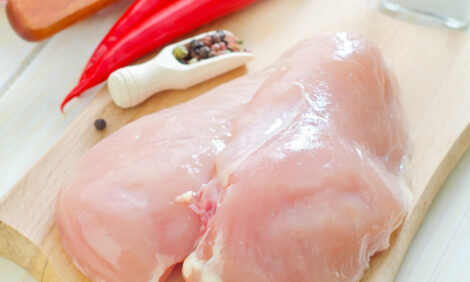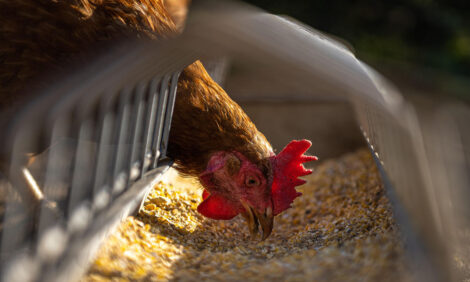



Bacterial Re-Colonisation of In-House Composted Broiler Litter Studied
After seven weeks of composting, bacterial levels were similar in composted and non-composted litter treatments, according to new research from USDA-ARS.US Poultry & Egg Association has sponsored a study of the bacterial re-colonisation of in-house composted broiler litter by Dr John P. Brook of the USDA Agricultural Research Service (ARS), Genetics and Precision Agriculture Unit in Mississippi State.
In-house litter composting has been shown to reduce bacteria in broiler litter, explains the report. However, reduction in natural flora of waste residual may lead to increased re-colonisation of other bacteria pathogens due to reduced competition.
Laboratory studies were conducted to:
- determine re-colonisation of food-borne bacterial pathogens (by inoculation with Salmonella, Campylobacter, Clostridium and Listeria) in composted and non-composted litter
- identify bacteria associated with reduced pathogen re-colonisation, and
- correlate ammonia levels on pathogen re-colonisation.
Food-borne bacteria were higher in composted litter in weeks 1 and 2, reported Dr Brook. However, bacterial levels were identical in both litter treatments by week 7. Upon ceasing addition of inoculated faecal matter, food-borne bacterial pathogens were overtaken by normal litter bacteria in both treatments. No differences could be attributed to ammonia levels.
In summary, Dr Brook reported that while initial (week 1 and 2) microbial levels were reduced and food-borne pathogens were increased in composted litter, bacterial levels were similar in composted and non-composted litter treatments by week 7.
May 2011








